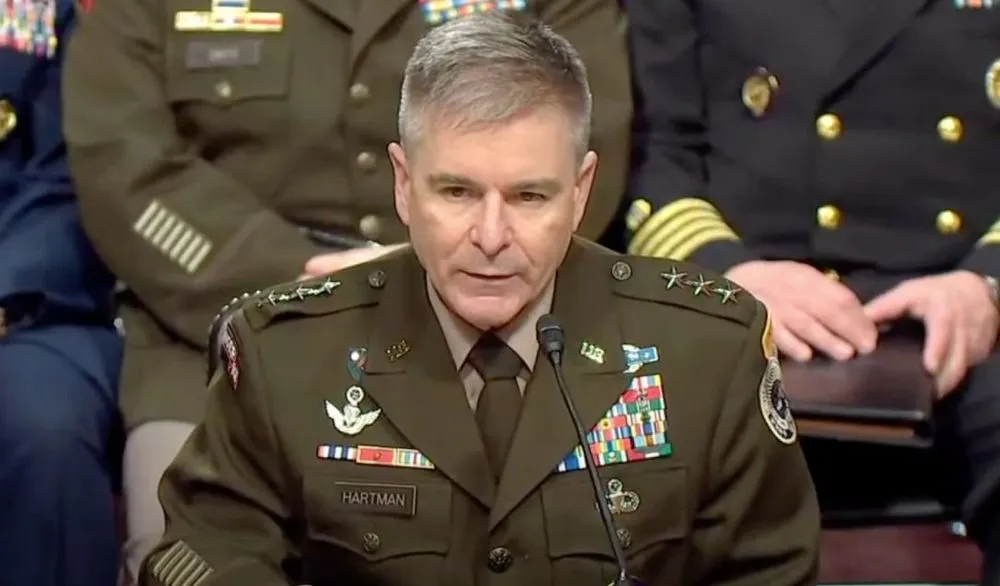Acting US Cyber Command, NSA chief won’t be nominated for the job, sources say
President Donald Trump has decided not to nominate Army Lt. Gen. William Hartman to be the next leader of U.S. Cyber Command and the National Security Agency, according to four people familiar with the matter.
Hartman, who has been leading both entities in an acting capacity since April, was recently informed of the decision and submitted his retirement paperwork this week, according to these individuals, who were granted anonymity because they were not authorized to speak publicly about the situation.
Two of the people said the choice was made, in part, after Hartman failed to impress key Defense Department leaders — despite having the backing of Defense Secretary Pete Hegseth and Director of National Intelligence Tulsi Gabbard. The nomination has been expected for weeks but was never formally submitted to the Senate.
One of the four people said that the nomination could have run into additional resistance from people within the Trump administration who want to end the “dual-hat” leadership arrangement at Cyber Command and the NSA. The idea is that putting a leader with dual-hat experience permanently in the job would make it more difficult to sever the relationship, the source said. The administration’s internal stance is that the dual-hat should remain in place.
The White House, Cyber Command and the NSA did not immediately respond to requests for comment.
The decision to pass over Hartman — who most recently served as the No. 2 at Cyber Command and previously served as head of the elite Cyber National Mission Force — further scrambles what has already been a prolonged leadership shakeup atop the military’s top digital warfighting outfit and the country’s largest spy agency.
Hartman took the reins of both organizations after Trump fired Air Force Gen. Timothy Haugh from the role, along with Haugh’s top NSA deputy. Far-right activist Laura Loomer later claimed credit for Haugh’s dismissal.
Earlier this year, the Pentagon selected Army Lt. Gen. Richard Angle for the position, even though Hartman had bipartisan admirers on Capitol Hill. The White House ultimately decided against nominating Angle.
The administration also has not yet named someone to be the next deputy chief of Cyber Command.
In addition, Joe Francescon, who in August was picked to serve as the new deputy director of the NSA, has yet to officially begin work after Loomer criticized his selection.
To further complicate matters, the Senate’s proposed annual intelligence authorization legislation would, if passed, make the NSA deputy director job Senate-confirmable. That measure is usually attached to the annual defense policy bill, boosting the chances of the change becoming law.
It’s unclear who the administration will now choose to helm Cyber Command and the NSA at a time when experts, former officials and policymakers are sounding the alarm about rising digital dangers from adversaries like China and Russia.
One name that has surfaced is Reid Novotny, who has served as director of intelligence and cyber effects operations for the National Guard Bureau and recently became the senior military policy adviser at the Office of the National Cyber Director.
Martin Matishak
is the senior cybersecurity reporter for The Record. Prior to joining Recorded Future News in 2021, he spent more than five years at Politico, where he covered digital and national security developments across Capitol Hill, the Pentagon and the U.S. intelligence community. He previously was a reporter at The Hill, National Journal Group and Inside Washington Publishers.



